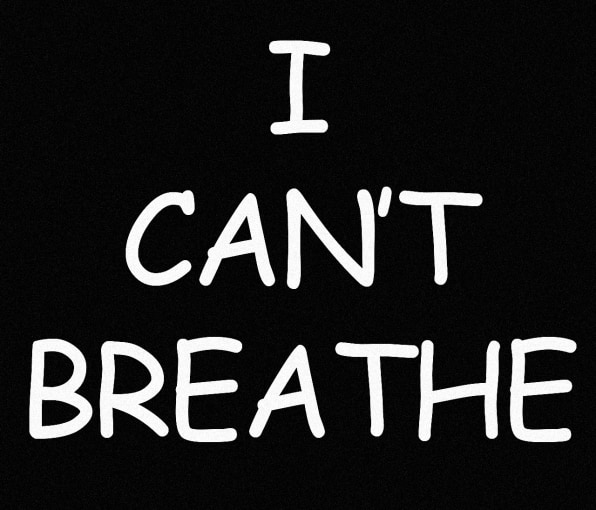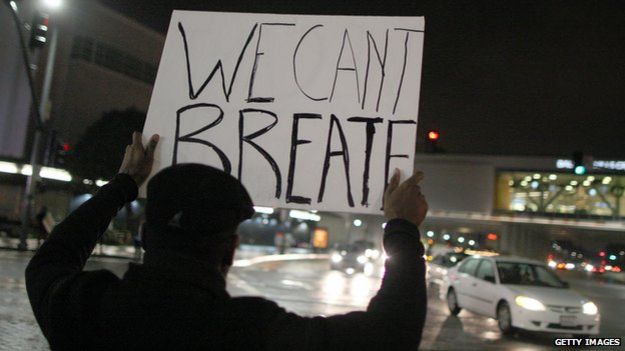
Last night, Australians watched in horror as the investigative journalism series Four Corners showed the torture and abuse of children in a so-called juvenile justice facility in the Northern Territory. The show opens: “The image you have just seen isn’t from Guantanamo bay…. or Abu Ghraib.. but Australia in 2015… A boy, hooded, shackled, strapped to a chair and left alone. It is barbaric. This is juvenile justice in the Northern Territory, a system that punishes troubled children instead of rehabilitating them – where children as young as 10 are locked up and 13 year olds are kept in solitary confinement. Most of the images secured by Four Corners in this investigation have never been seen publicly. They are shocking – but for the sake of these children who are desperate for the truth to be known, we cannot look away.” It may “shocking” but none of it is new. We have known all along.
At a number of points in the near hour-long documentary, children are heard to plead, “I can’t breathe. I can’t breathe.” To no one’s surprise, their pleas go unattended, or worse, their pleas incite the guards to further and more intense violence. From Staten Island to Berrimah, where the Don Dale Youth Detention Centre is located, “I can’t breathe”. Eric Garner haunts the world … to no one’s surprise.
To no one’s surprise, a majority of the children in the video and center are Aboriginal. To no one’s surprise, Indigenous incarceration in Australia is rampant.
To no one’s surprise, this very torture of Aboriginal children in custody had been reported, and largely ignored, last year. It takes a video to document the destruction of a child.
When indigenous leader Nova Peris was a Senator, she raised this very issue in Parliament, and now she asks, “How many more royal commissions do Aboriginal people have to get excited about? There was a lot of hope when the royal commission into Aboriginal deaths in custody was done, yet barely any recommendations were implemented. In 1997, the Bringing Them Home report about children in out-of-home care gave us hope, but what actually happened there, if anything? No-one listened. These kids need rehabilitation, they don’t need torture: hate breeds hate, they need to know that there is life outside. Over the years people brushed these kids off, calling them ‘little bastards’. These are kids as young as 11 years old, how are they even thinking criminal activities. Let’s look at the underlying issues here.”
To no one’s surprise, the Indigenous Affairs Minister ignored earlier reports of abuse. They didn’t “pique” his interest.
So now, the Northern Territory Minister has been fired; the “shocked” Prime Minister has called for a Royal Commission; and the guards in the video are still guarding the very children they were taped abusing.
Abu Ghraib. Guantanamo. Eric Garner. The new Gulag Archipelago, same as it ever was. We all share Australia’s shame. I can’t breathe. I can’t breathe. I can’t breathe. I can’t breathe. I can’t breathe. I can’t breathe. I can’t breathe. I can’t breathe. I can’t breathe. I can’t breathe. I can’t breathe. I can’t breathe.
(Image Credit: Fastcodesign) (Photo Credit: ABC Four Corners)

